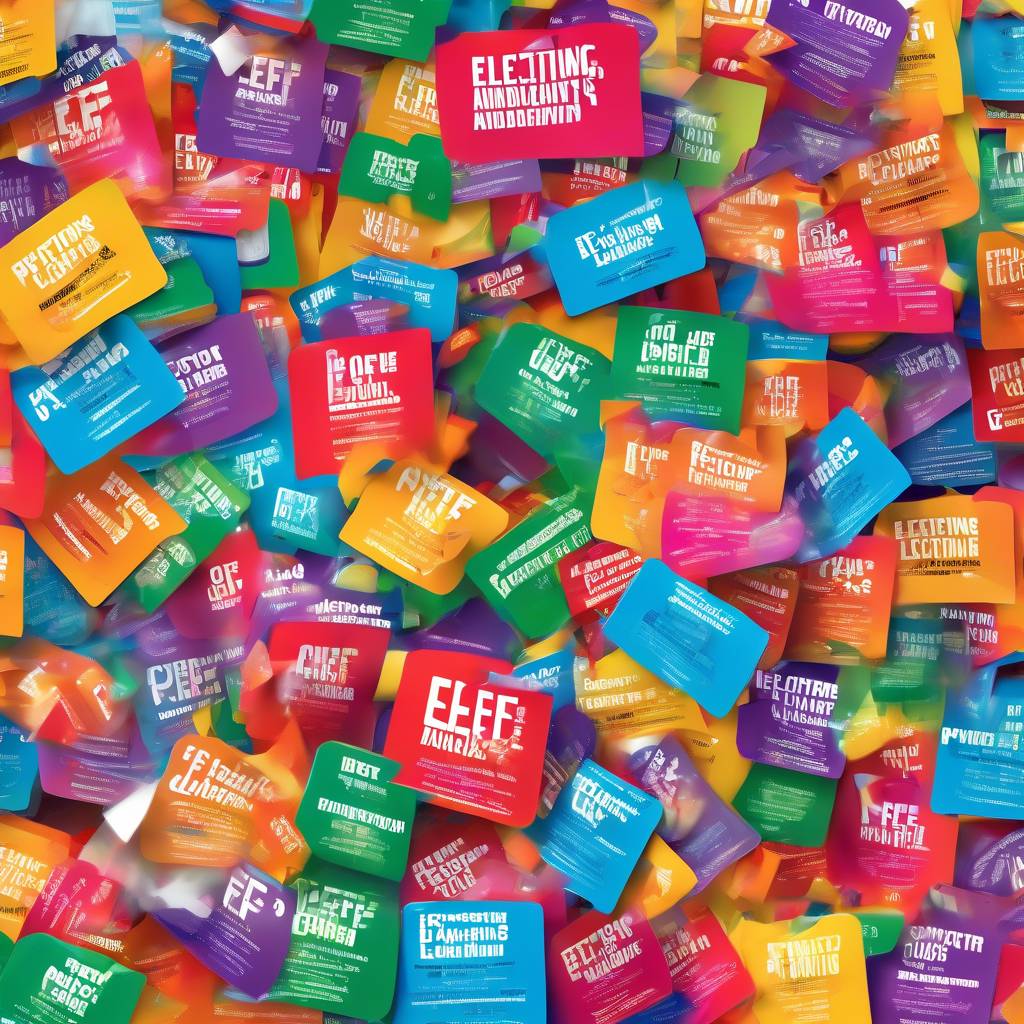U.S. taxpayers with investments in passive foreign investment companies (PFICs) face complex and punitive tax rules, including high ordinary income rates and interest charges. Taxpayers can avoid these taxes by making certain elections, such as a qualified election fund (QEF) election. However, many taxpayers miss the deadline to make timely elections, and the procedures for retroactive relief are difficult and expensive. Treasury proposed a legislative fix in its Green Book for fiscal year 2025 to allow the IRS broader authority to permit taxpayers to make retroactive QEF elections, potentially providing relief to taxpayers with PFICs.
PFICs are foreign corporations that earn 75% or more of their income from passive sources or hold 50% or more of their assets for producing passive income. There is no stock ownership threshold for PFICs, making it easy for U.S. taxpayers to own them. Congress created the PFIC tax rules to prevent taxpayers from deferring taxes on investments in foreign corporations. Under these rules, taxpayers must pay taxes at the highest applicable income tax rates when recognition events occur, such as distributions or sales. Various elections, like the QEF election, allow taxpayers to report income annually and avoid higher tax rates and interest charges.
The QEF election must be made before the due date for filing the tax return, and if made timely, it is effective from the beginning of the tax year. Taxpayers who missed the deadline can make a retroactive QEF election under certain circumstances, typically through a private letter ruling request. The Green Book proposal aims to streamline the process by granting the IRS broader discretion to approve retroactive relief requests without the need for a PLR. This would save taxpayers and IRS resources and promote voluntary compliance among taxpayers with PFICs.
The proposal in the Green Book aims to relieve the burden on U.S. taxpayers with PFICs by allowing easier access to retroactive QEF relief. Until the proposal becomes law, taxpayers who missed the deadline for a timely QEF election should consult with tax professionals to determine the best course of action. Filing a PLR may still be necessary in some cases, but the proposed changes could provide a simpler and more efficient way for taxpayers to address their late elections.
Overall, the PFIC tax rules can be complex and costly for U.S. taxpayers, but options like the QEF election and potential changes to the retroactive relief process offer some relief for those facing these challenges. Taxpayers should stay informed about legislative developments and consult with tax professionals to ensure they are managing their PFIC investments effectively and complying with tax obligations.









